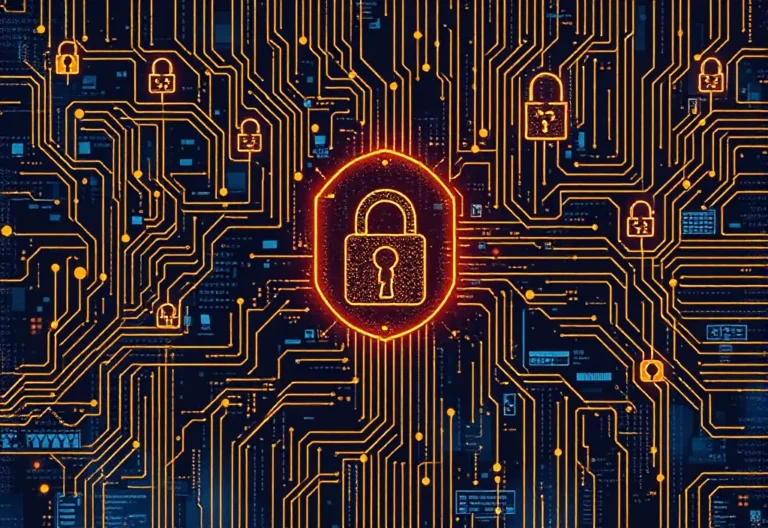What Happens When You Delete a File?

What Happens When You Delete a File?
Deleting a file doesn’t instantly erase it from your hard drive. Instead, your operating system simply removes the file’s reference from the file system — which acts like a map or index of where all your data is stored.
Once this link is removed, the space the file occupied is marked as “available” for new data. But until new files overwrite that space, the original data still exists on your drive.
Think of it like removing a book’s title from a library catalog — the book is still there, but no one knows where to find it.
Can Deleted Files Be Recovered?
Yes — in many cases, they can.
Data recovery tools work by scanning your drive for remnants of files that haven’t been overwritten yet. If you act quickly enough, these programs can often reconstruct and restore deleted files.
However, once the file’s space has been overwritten with new data, recovery becomes extremely difficult — or even impossible.
This is why having regular backups is so important. If a file is lost and can’t be recovered, a backup ensures you won’t lose everything permanently.
How Do Different Devices Handle Deleted Files?
Different platforms handle deletion in their own way:
- Windows : Files go to the Recycle Bin first.
- macOS : Files are moved to the Trash folder.
- Android : Some apps have a “Recently Deleted” folder.
- iPhone/iPad : Photos and videos go to the “Recently Deleted” album for 30 days before permanent removal.
On SSDs (Solid State Drives), things work differently than on traditional HDDs. SSDs use a feature called TRIM that helps manage deleted data more efficiently, making recovery harder compared to older hard drives.
How to Permanently Delete Files
If you want to make sure your files are truly gone — especially sensitive ones — don’t just rely on the trash bin or emptying the recycle bin.
Instead, use secure deletion tools , which overwrite the file’s storage area multiple times with random data, making recovery nearly impossible.
Some ways to ensure safe deletion include:
- Using secure file shredder software
- Encrypting sensitive files before deleting them
- Wiping entire drives before disposing of or selling devices
Understanding what happens to deleted files helps you protect your privacy and manage your data better. Whether you’re trying to recover something accidentally lost or ensuring private information stays gone, knowing how deletion works gives you more control over your digital life.
If you’re unsure how to securely delete files or need help recovering lost data, feel free to reach out. We’re here to help you stay in control of your digital security.





